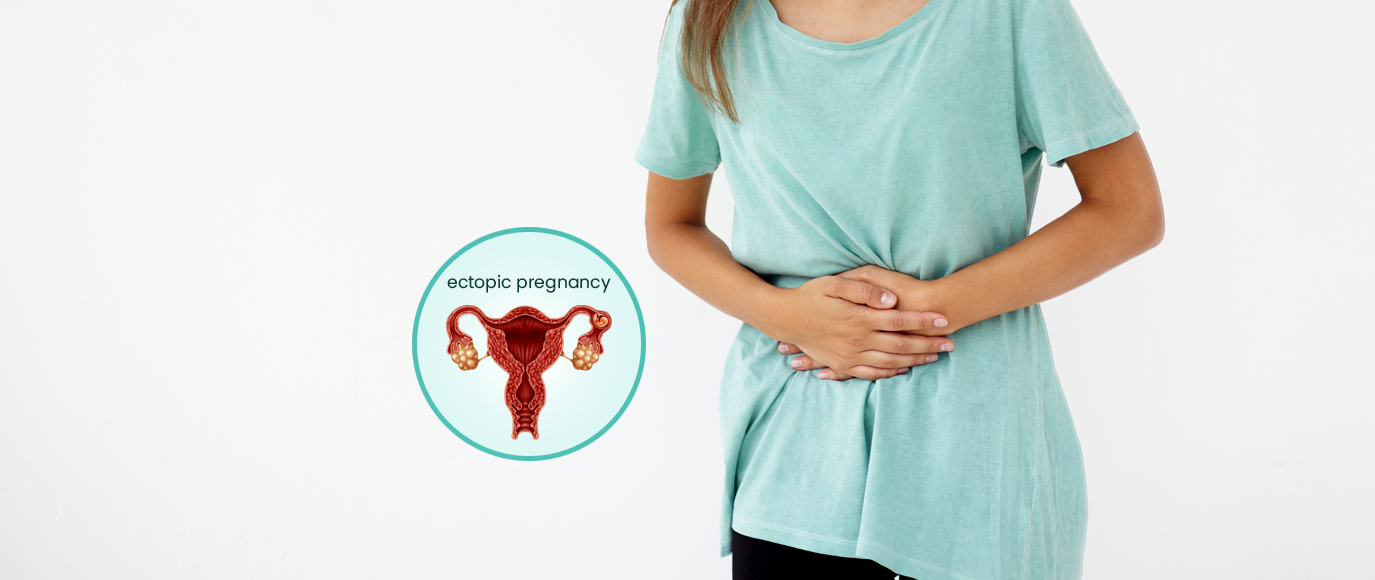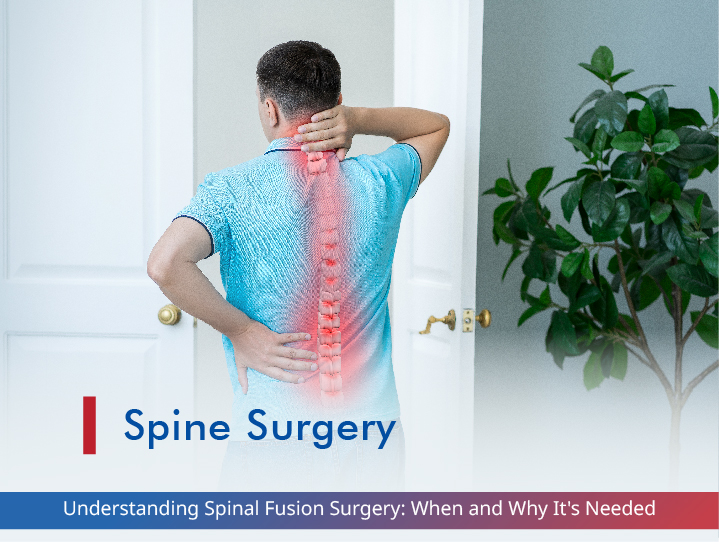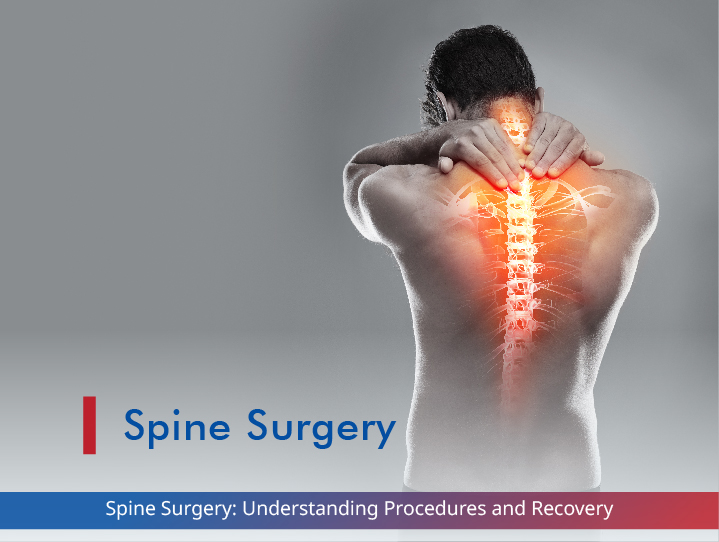Pregnancy is a period of major physical and hormonal changes in a woman’s body.
In a normal pregnancy, the egg gets fertilized in the fallopian tube and travels down to implant on the uterine lining after 6 days after fertilization. This is necessary for the baby to grow to full term inside the uterus.
However, sometimes, the egg attaches itself to other areas like a fallopian tube, the ovaries, in your belly or your cervix. This is called an ectopic pregnancy. In more than 90% of the ectopic pregnancies, the egg attaches itself in a fallopian tube. Ectopic pregnancies are not viable because they do not have a favourable environment to grow and flourish and have to be treated as it is dangerous to the mother’s life if not detected early. If the pregnancy progresses, it will cause rupture and severe internal bleeding in the mother.
Ectopic pregnancies are not rare and account for almost 3% of the pregnancies reported. There is a reported increase in the incidence of ectopic pregnancies and there are various reasons for this.
Increase in the usage of over-the-counter emergency contraceptive pill, often in place of a regular oral contraceptive pill or a regular ongoing contraception. This pill changes the hormonal balance to avoid pregnancy but at the same time increases the chance of a fertilized ovum implanting itself in the fallopian tube. Regular usage of this emergency pill can lead to substantially increased chances of an ectopic pregnancy. The emergency contraceptive pill should be used only in case of an emergency and under medical guidance.
Increase in incidents of unprotected and casual sex leading to more cases of pelvic infections being reported. Infections, if repeated and not treated on time, can lead to damage of the fallopian tube and hence ectopic pregnancy.
Other reasons to suspect ectopic pregnancies are history of repeated abortions, failed tubal ligation, pregnancy while having an intra uterine contraceptive device, history of pelvic surgeries, history of ectopic pregnancies or if you have a history of fertility treatments including IVF.
The symptoms, in the beginning, might feel just like a normal pregnancy. With ectopic pregnancy, you might begin to experience sharp pain resembling cramps, dizziness, vomiting which may or may not be accompanied by bleeding.
Any sharp pain in the stomach should not be downplayed and warrants a visit to the emergency department. Remember, your method of contraception might have failed and you may be having an ectopic pregnancy. A visit to the doctor might mean the difference between life and death.
Even at the emergency department, a urine pregnancy test should be the norm for any female of child bearing age complaining of sharp pain in the abdomen. Ectopic pregnancy is a possibility even with seemingly normal periods. Early detection of ectopic pregnancy can reduce the complications of a possible rupture and prompt treatment in case of rupture to limit further blood loss.
It is our responsibility to be aware of the changes in our body. If planning a pregnancy, read up on ectopic pregnancy and other complications so that you will recognise any symptoms.
As soon as you suspect a pregnancy, consult a gynaecologist. The doctor would do an initial scan as early as 5 weeks to ascertain that the embryo has implanted itself in the correct position. If an ectopic pregnancy is detected at this point, it can be managed medically. The medicine will stop further growth of the embryo and the body will reabsorb the tissue in a matter of weeks. The doctor will keep an eye on the further scans and blood tests to see that everything is in order.
If the ectopic pregnancy is detected at a later stage when medical management is no longer viable, or if the rupture has already occurred, then the doctor will have to go for surgery to remove the embryo and sometimes the affected fallopian tube. This surgery can be done by minimally invasive methods like laparoscopic surgery most of the times.
Awareness is the key to early detection and minimal complications.







